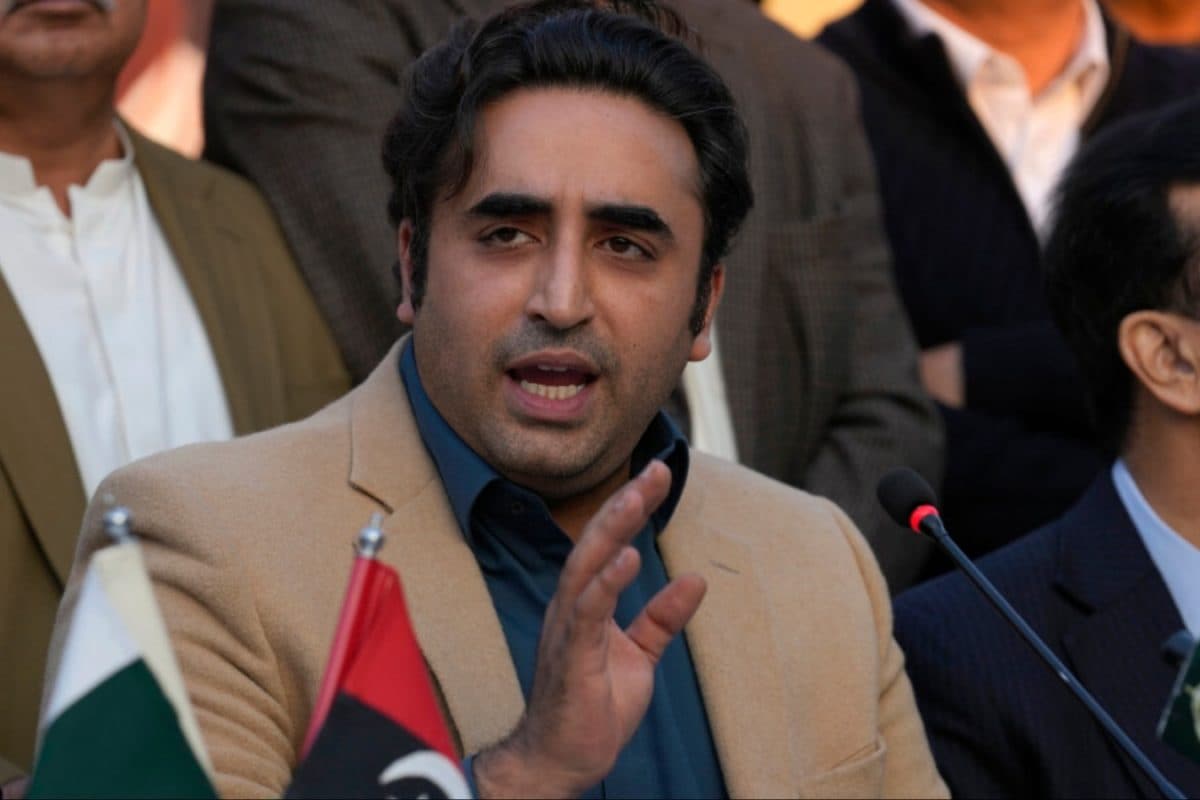

The already tense relationship between India and Pakistan has been further strained by recent developments surrounding the Indus Waters Treaty (IWT). Bilawal Bhutto-Zardari, Chairman of the Pakistan Peoples Party (PPP), has amplified concerns, suggesting that India's actions regarding the treaty could lead to a "nuclear water war." This rhetoric comes in response to India's decision to hold the IWT in abeyance, a move taken after a deadly terrorist attack in Kashmir.
On April 22, 2025, a terrorist attack in Pahalgam, Kashmir, resulted in the deaths of 26 people, including tourists. India swiftly blamed Pakistan for the attack, accusing it of supporting cross-border terrorism. In response, India took several measures, including suspending the IWT, halting trade, and imposing visa restrictions.
The Indus Waters Treaty, brokered by the World Bank in 1960, has long been considered a successful example of water-sharing between the two nations. The treaty allocates the three eastern rivers (Beas, Ravi, and Sutlej) to India and the three western rivers (Indus, Jhelum, and Chenab) to Pakistan. However, India retains the right to use the western rivers for limited irrigation and unlimited non-consumptive purposes, such as power generation.
India's decision to suspend the treaty has been met with strong condemnation from Pakistan. Pakistan has warned that any disruption to its water supply would be considered an "act of war" and has stated its readiness to respond with "full force across the complete spectrum of national power". Pakistan has also appealed to India to reconsider its decision, citing the dependence of millions of people on the water regulated by the treaty. However, India remains firm, asserting that changed circumstances and Pakistan's actions warrant a reevaluation of the treaty.
Bilawal Bhutto-Zardari, speaking at the Middle East Institute in Washington, stated that India's actions were laying the foundation for a "nuclear water war." He argued that disrupting Pakistan's water supply is an existential threat that any country would fight to survive. He urged the United States and other countries to take a firm stance and prevent India from violating the treaty. Bhutto-Zardari stressed that allowing India to cut off Pakistan's water would set a dangerous precedent, potentially encouraging other upper riparian countries to do the same to their downstream neighbors.
India's suspension of the IWT has raised concerns about regional stability and the future of water cooperation in South Asia. While India has stated its intent to prioritize its water security and regional development, the move risks escalating tensions with Pakistan and inviting international scrutiny. Some analysts believe that India's broader strategic goal is to renegotiate the treaty, citing climate change and implementation challenges. India had previously requested to renegotiate the treaty in January 2023 and September 2024, but Pakistan has so far refused.
The suspension of the IWT has several potential implications. Firstly, it could lead to a humanitarian crisis in Pakistan, as the country relies heavily on the Indus River system for its water supply. Secondly, it could trigger retaliatory measures from Pakistan, potentially including strikes on Indian infrastructure. Thirdly, it could undermine India's image as a responsible international actor.
Despite the growing tensions, Bhutto-Zardari has stated that Pakistan remains committed to peace and cooperation. He has called for India to recommit to the IWT and for both countries to work together to address terrorism, bring prosperity to Kashmir, and face the climate crisis. However, he has also made it clear that Pakistan will defend its water rights and will not allow India to unilaterally alter the terms of the treaty.